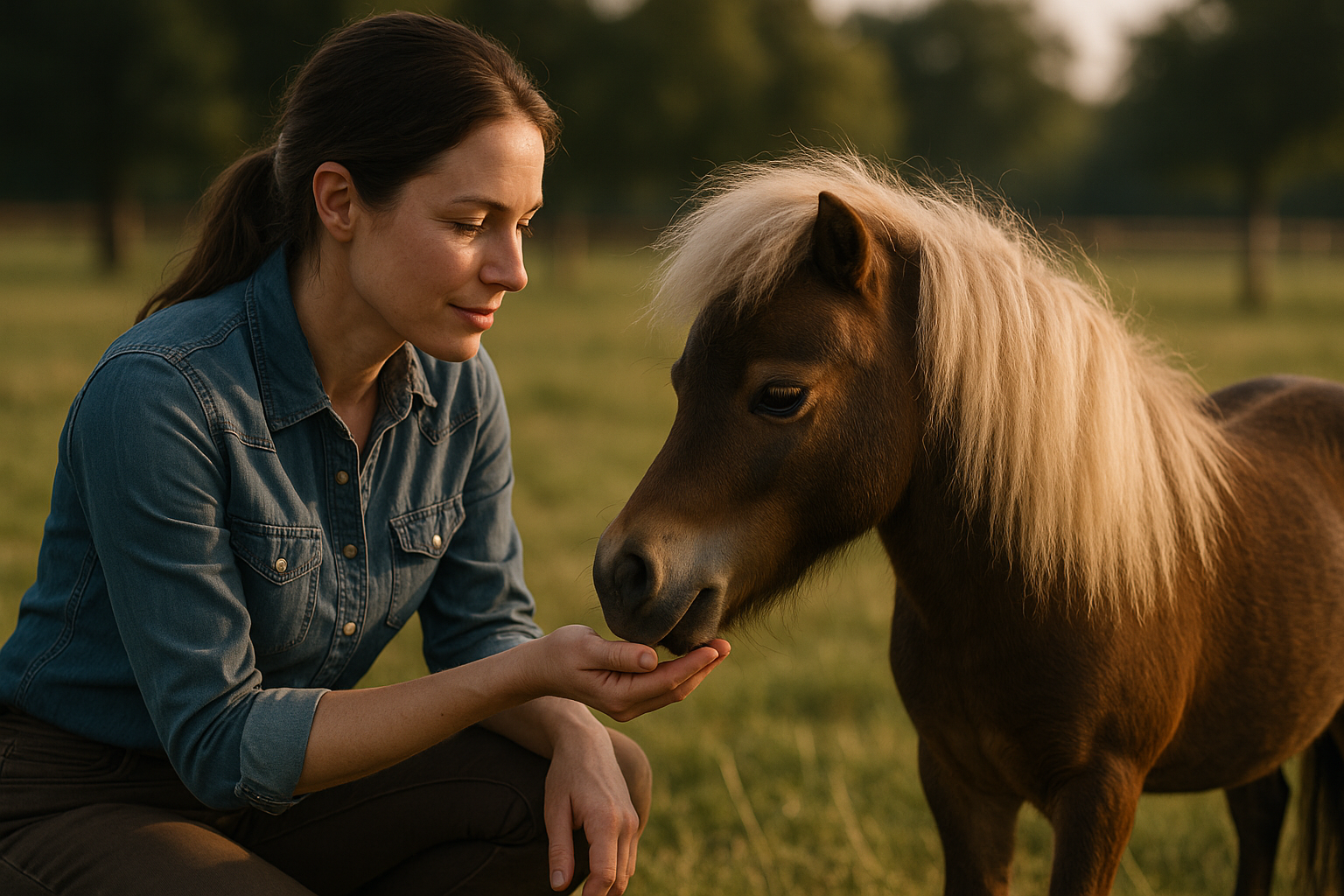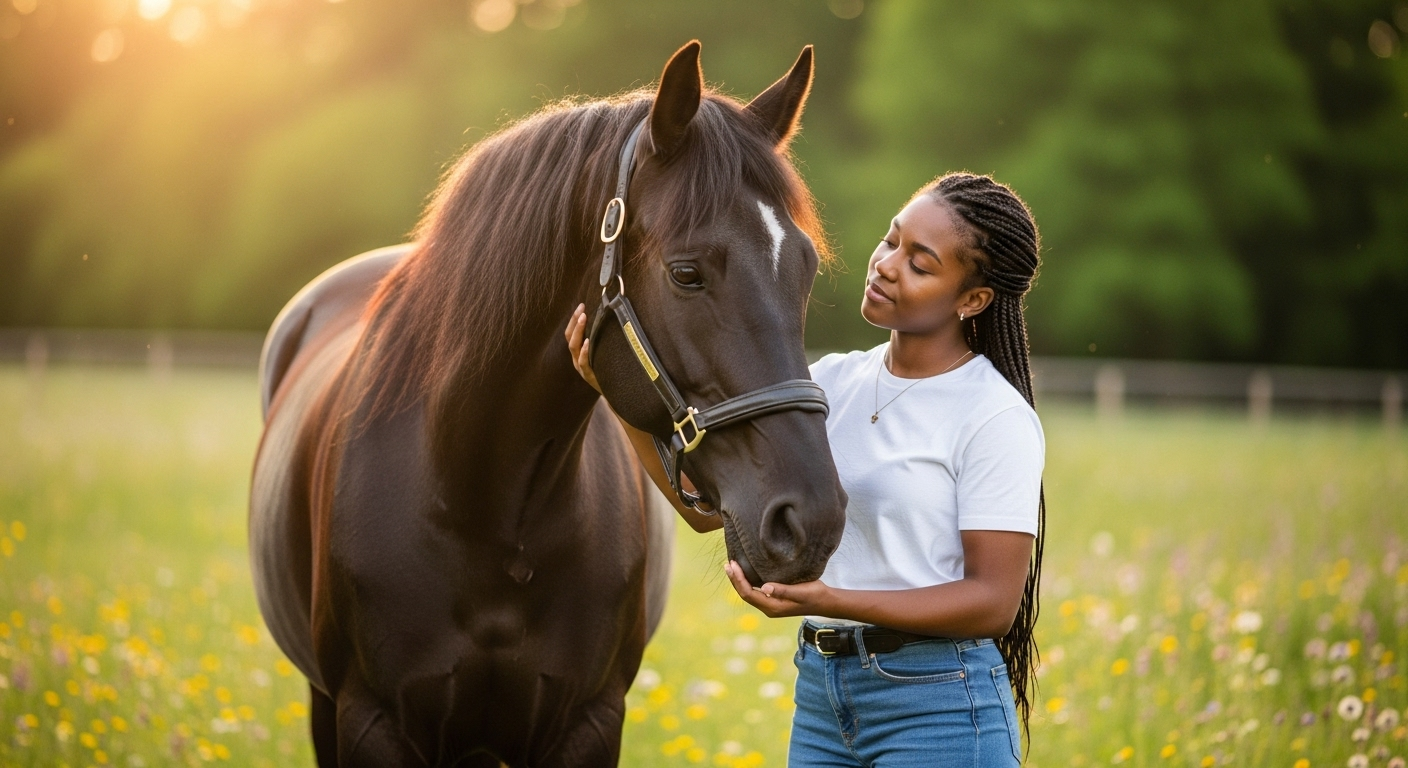Unveiling the World of Miniature Horses: A Comprehensive Guide
Miniature horses are more than just pint-sized equines. These captivating creatures offer a unique blend of charm, companionship, and therapeutic benefits. In this article, we delve into the captivating world of miniature horses, exploring their history, their current roles in society, and the nuances of their care and training.

From Royal Courts to Modern Hearts: The History of Miniature Horses
Originating from Europe in the 1600s, miniature horses were initially bred as prized possessions of the nobility, showcased in luxurious royal courts. Over the years, their compact size made them indispensable in mining operations, before sweeping changes in the industrial world saw them transition into companionship and therapy roles, where they continue to excel today.
Miniature Horses Today: More than Just Pets
Presently, miniature horses are making significant strides in roles that extend beyond traditional pet boundaries. They are increasingly recognized for their therapeutic value, particularly in assisting individuals with physical and emotional challenges. Guiding Eyes for the Blind, an organization in New York, has even trained miniature horses as guide animals for the visually impaired, highlighting their adaptability and intelligence.
Market Impact and Cost of Owning a Miniature Horse
Despite their small stature, owning a miniature horse is a significant investment. Initial costs can range from $1,000 to $200,000, depending on pedigree and show history. Moreover, annual upkeep, inclusive of food, veterinary care, and housing, can sum up to between $1,000 and $1,500. Their rising popularity, however, is driving an increase in market demand, contributing positively to the pet industry’s overall growth.
Unraveling the Complexities of Miniature Horse Care
Similar to their full-sized counterparts, miniature horses require a dedicated care regimen. This includes balanced nutrition, regular exercise, and consistent grooming practices. Moreover, routine veterinary check-ups are crucial to ensure their overall well-being. Their small size doesn’t exempt them from equine health concerns, making proper care essential.
The Miniature Horse Training Process
Training a miniature horse is a rewarding yet challenging endeavor. From basic manners to advanced skills like driving or therapeutic work, the process requires patience, consistency, and an understanding of equine behavior. Despite the challenges, a well-trained miniature horse can offer immense satisfaction and form a deep, enriching bond with its handler.
In conclusion, miniature horses are indeed small in stature but mighty in impact. Their historical journey and modern-day value are a testament to their resilience and adaptability. Whether as a pet, a therapy animal, or a competitive show horse, these little equines continue to leave big hoofprints on the hearts of those they encounter.






